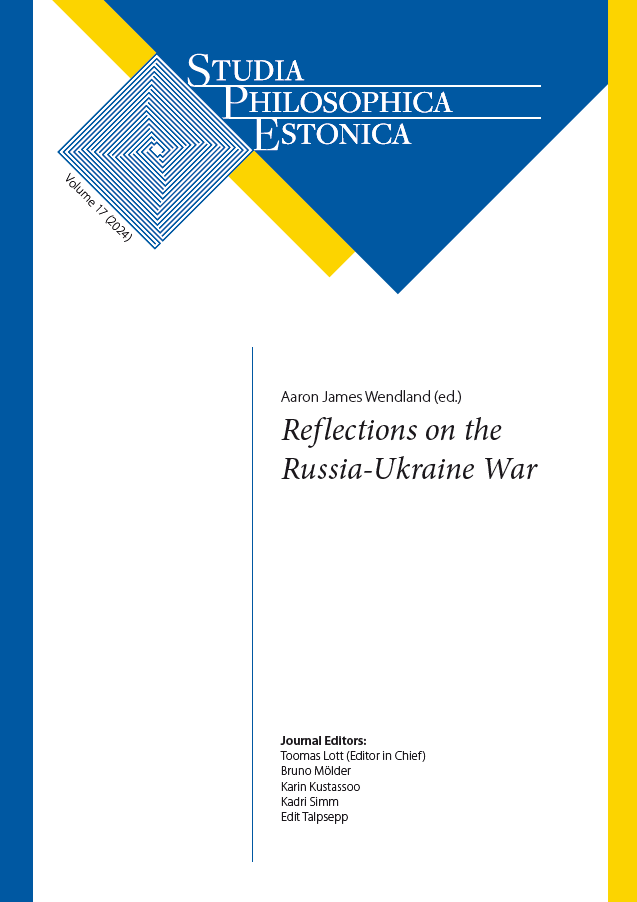The Russia-Ukraine War and the Sediments of Time
DOI:
https://doi.org/10.12697/spe.2024.17.11Keywords:
déjà vu, Zeitenwende, Ukraine, Koselleck, Arendt, interregnum, human rightsAbstract
The fragility of the post-war international order is threatened not only by Russia’s full-scale invasion of Ukraine, but even more tellingly, by the decisions that Western nations, the European Union, and NATO make in response to Russian aggression. This paper frames Western responses to Russia’s invasion of Ukraine within what Reinhart Koselleck calls ‘the sediments of time’ or Zeitschichten that contain different temporalities, speeds, and directions. Koselleck’s approach of parsing the ‘sediments of time’ is a heuristic device for understanding how Western responses to the war in Ukraine are framed by very different historical markers. Just as one might parse the grammatical components of a sentence in order to understand its meaning, so one might parse Western responses within different historical timescales that include Zeitenwende, déjà vu, interregnum, and Never Again.





